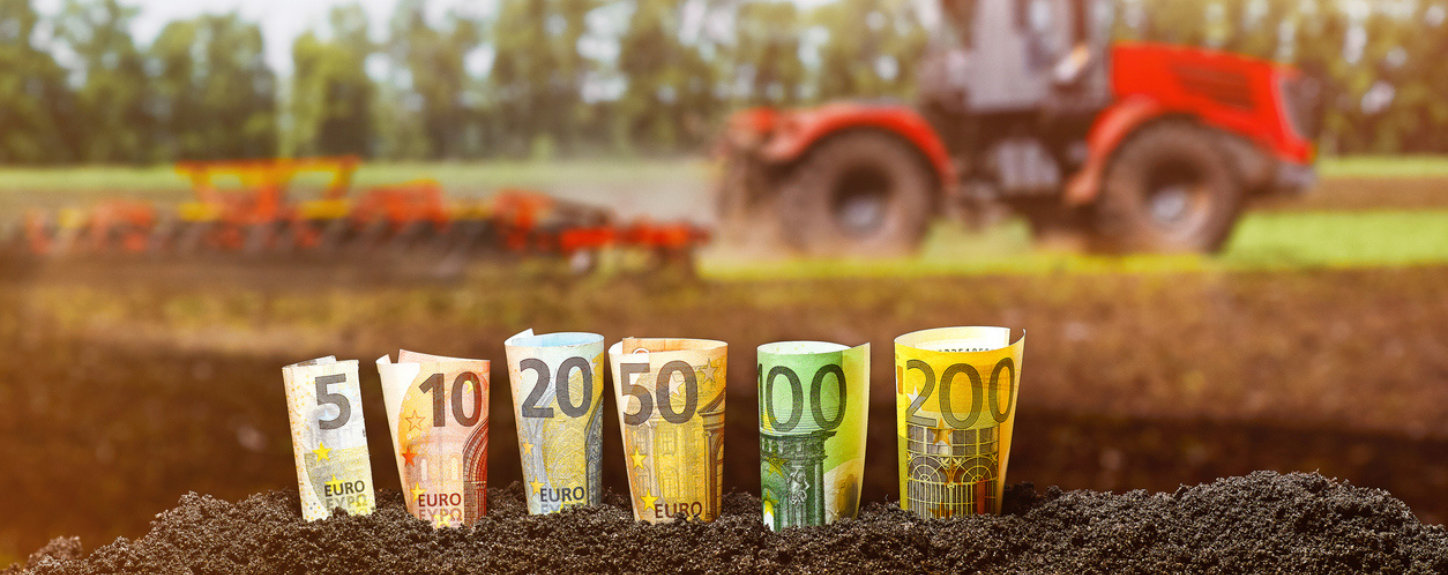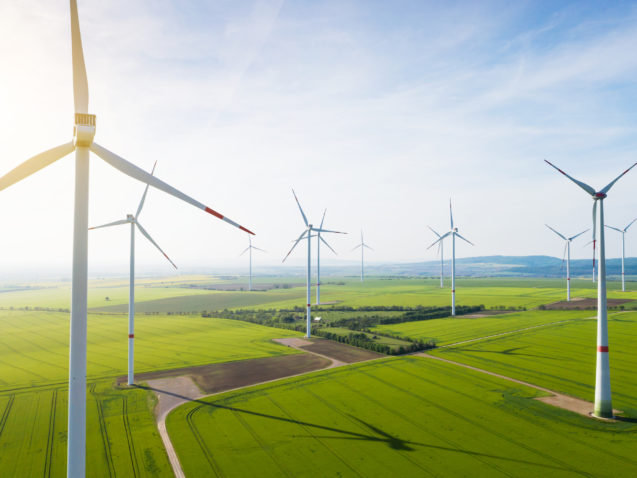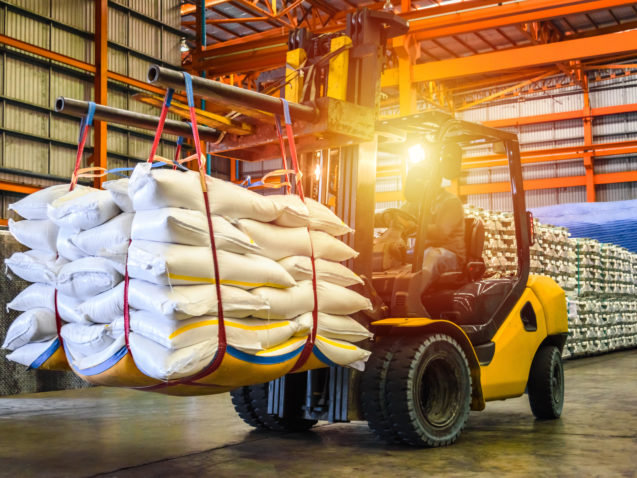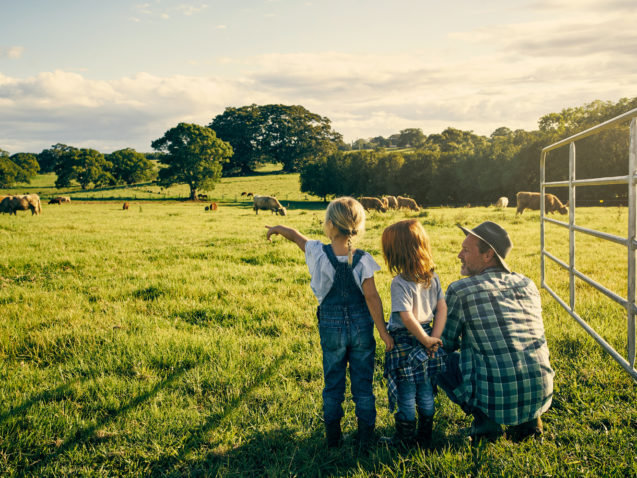With months of record temperatures, 2023 stands to be the hottest year in recorded human history. What’s more, 2023 may mark the first time that we pass the critical point of +1.5°C average global temperatures.
This is the point where dealing with and adjusting to climate change gets even tougher. That’s why this year’s COP28, just like every COP before it, marks a vital time for governments and civil society to take significant climate actions.
For the agri-food chain, the most meaningful action we can take is transitioning to more sustainable food systems. As you can see in FoodDrinkEurope’s latest Data & Trends report (p24), greenhouse gas emissions from global food production amount to one-quarter of the world’s total emissions, with 82% coming from agriculture, 11% from the packaging and transportation of our food, 4% from food processing, and 3% from retail.

As the global data about the agri-food chain shows, cutting emissions in food processing alone won’t even scratch the surface of agri-food emissions. We have to help farmers and enterprises up and down the value chain cut their emissions too and adopt more sustainable practices.
The call for a transition to more sustainable food systems is now an imperative, driven by the pressing need to tackle climate change and ensure the long-term viability of our food supply.
But talk is cheap and we need to confront the costs obstructing change. That’s why FoodDrinkEurope commissioned to Anthesis Group an extensive research into the cost of the transition to more sustainable agriculture. Results take shape of a discussion paper, which we have published today.

Our aim was to calculate the costs associated with moving to more sustainable farming practices and identify the actors or initiatives that would help meet these costs and affect positive change.
Trying to calculate a single number for transitioning all EU farms to a sustainable system is complex, with various factors at play such as the differing landscapes and climates, farming types, agricultural infrastructure, an actor’s will to change, and the amount of funding available at national level.
1) The price of progress: €28-35bn for sustainable agricultural production
Our economic analysis reveals that the cost of transitioning to more sustainable agriculture in the EU is estimated to be in the range of €28-35 billion for the first year. While this may seem like a substantial investment, it’s crucial to view it as a strategic expenditure that will yield long-term benefits for both the environment and the economy.
2) The cost of inaction: a hefty price tag of €50bn annually
Compared to the financial commitment required for a sustainable transition, the cost of doing nothing is far greater. The European Commission estimates that soil degradation alone already incurs an annual cost of around €50 billion. This staggering figure reflects the loss of essential services provided by healthy soil, jeopardising the very foundation of our agricultural productivity.
According to the FAO, failure to address soil degradation has the potential to reduce crop yields by up to 10% by 2050. This not only risks global food security but also imposes significant economic burdens as we struggle to meet the demands of a growing global population.
3) Encouraging discussions around funding opportunities
Our discussion paper also delves into the pivotal question of “who pays?” and explores various funding avenues. Options which could contribute to support the sustainable transition in agriculture include public government funding and private sector investments to initiatives led by the food and drink industry. Financial institutions also play an essential role. The paper contemplates strategies such as adopting the “polluter pays” principle, explores emerging concepts like expanding the voluntary carbon market, or monetizing broader ecosystem services.
Engaging in open discussions around these funding mechanisms can pave the way for innovative solutions and shared responsibility in driving sustainable practices across the agri-food sector.
In Conclusion: A Call to Action for European Policymakers
European policymakers have a unique opportunity to lead the way in supporting the agri-food industry’s shift towards sustainability, not only as a moral imperative but as a strategic investment in our shared future. The financial cost of transitioning to more sustainable food systems is a small price to pay compared to the economic toll of inaction.
By allocating resources wisely and implementing policies that encourage sustainable practices, we can build a resilient food system that not only mitigates environmental risks but also ensures the long-term economic prosperity of our continent. Let us seize this opportunity to invest in a sustainable future, where the agri-food chain thrives, and our planet flourishes. The time for action is now.









